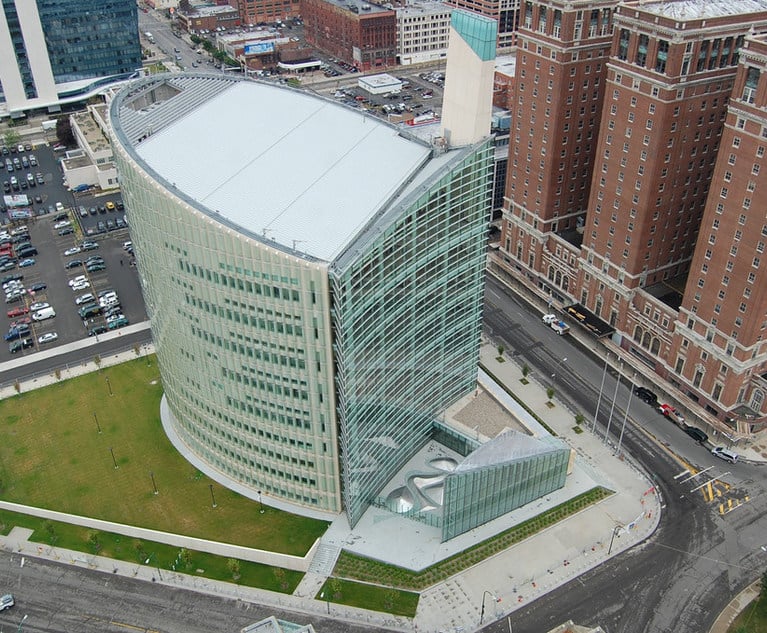Seniors who own a home and are faced with a long-term custodial illness and consider eligibility for Medicaid, commonly voice a concerned about “losing my home.” It is frequently their largest asset and the one with the greatest emotional attachment as well. The proper advice will vary case by case based upon such variables as the fair market value of the home; the existence of any financing; the family members who reside in the home; when the home was purchased; the type of medical care that is sought; and the estate plan. Counseling of clients in this situation requires a careful understanding of the rules that govern Medicaid’s treatment of the homestead.
Eligibility for Medicaid benefits is needs based and is tested by an examination of the resources of the applicant. Specifically, in 2020, to qualify for Medicaid benefits, an individual may have resources of no more than $15,750. However, certain assets are disregarded and are not counted against the $15,750 figure, such as retirement accounts that are in payout status; an irrevocable pre-paid funeral contract; an automobile; or German Restitution payments. The homestead is also a disregarded asset, but only if certain conditions are met.


 Daniel G. Fish
Daniel G. Fish




